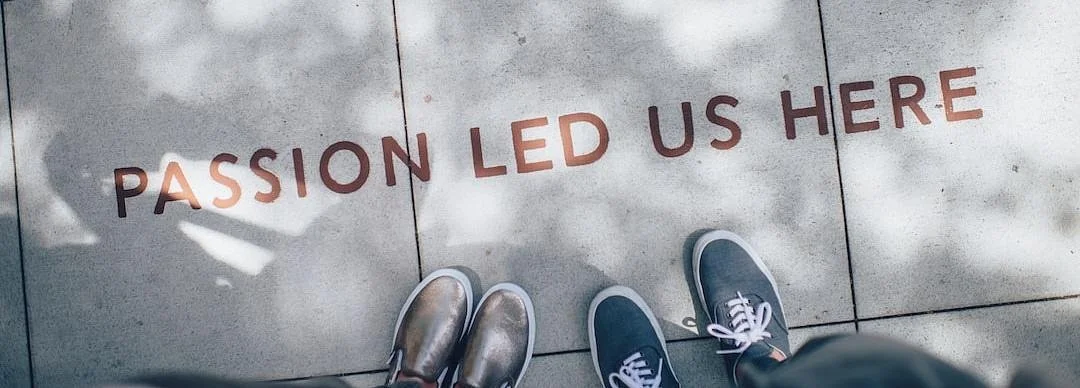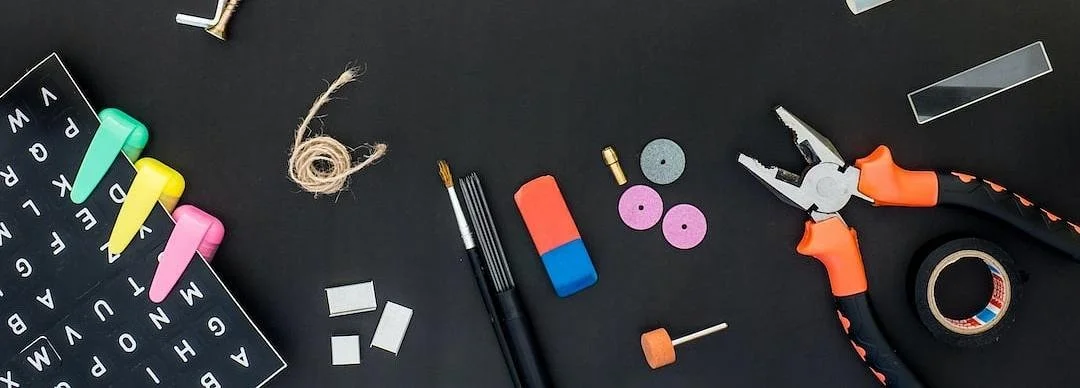How Not To Be a Stoat Killer
By
Dan Russell + Lady Kitt
Image description: Colour photograph, exterior. Photograph taken in a park above a stream. On the
bank towards the right of the image a large slab of rock hangs over the water, a small (child sized) table is precariously balanced on top of this. The table is set with a table cloth, a pitcher and two glasses with a blue liquid in them.
Published in September 2021 as part of the extended digital edition of Social Works? Open journal…
“Dan and Kitt are both artists based in Newcastle upon Tyne. They facilitate the Social Practice Surgery https://www.lladykitt.com/blank and have an ongoing collaborative chatting/thinking/walking practice investigating stuff relating to:
· Creative intimacies
· Live(li)ness in research
· Mutual support in social practice
· Sociability in institutions
How we wrote this article: Inspired by some of the ways we’ve worked together during 2020-21 we went on a socially-distanced walk for 2 hours whilst discussing some ideas. Then, immediately afterwards, in our separate homes, collaboratively wrote (via a google doc) for 2hours. The text below is what we created in the doc in that time. Some of it is written collectively and sometimes one of us has written about our own individual experiences. We haven’t gone over the document to ‘correct’ any of this or create a single super, coherent narrative, coz, well, that’s not really how we’ve found collaborating works.”
People do like to say that this last year has provided some much-needed time for reflection. But, for us ‘time for reflection’ is the wrong phrase—more an ‘urgency for reflection’. A changed context which makes lots of the accepted ways we were doing stuff suddenly seem utterly absurd or completely great. Things that we did 6 years ago but didn’t know why have only made sense recently because of the changed context.
Actually, the main chat about ‘time for reflection’ has been reinforcing the myth that everyone has been twiddling their thumbs looking out the window for a year, and that only nurses and Deliveroo drivers have been working. Loads of artists (myself included) have been thrown in at the deep end and have been learning as we go with the dash for digital delivery. My reflection has actually been on stuff from pre-pandemic that this new paradigm has suddenly cast a different light on. I don’t reckon I’ll have digested this year for a good while.
We’ve started by asking ourselves / each other some questions:
What do we wish we’d had the chance to learn ten years ago?
- How to get trust via the story you tell about the joys and benefits of a process-led, non-outcome oriented way of working.
- That processes are two-way and you can influence the situation rather than accept how the situation influences you (e.g. how to reflect back better working practices to shift the way social practice is commissioned, without necessarily biting the hand that feeds too strongly).
- This stuff has been done a million times and forgotten - how to keep good existing ideas alive in the popular imagination in a world where the NEW NEW NEW is dominant. How to build on the work of others, how to not reinvent the wheel, how to not rest on your laurels or become formulaic whilst doing so.
- that’s it’s OK to say ‘I can do this, this and this, but no, I can’t do that’ and ask for help, rather than think you have to do it all or risk not getting the gig.
What would we like to learn now?
How to relinquish our own ideas
How to get artists to behave the same around other artists as they do around non-artists
Tools for collaboration, collective action, cooperation, communal activity (and probably some other words beginning with ‘c’) whilst acknowledging there’s no one-size fits all approach, there are probably some good ways out there of unlearning the inbuilt defensive, competitive urges we are taught. And unlearning that stuff takes…time. Lots of time. And a good measure of intimacy and vulnerability. And you know what’s not good for forging and fostering intimacy and vulnerability? A vast horde of people trying to do something really quickly, so...
Maybe let’s not keep asking how we can get more bums on seats. Let's have a go at getting less bums on seats. (And having nicer /better, more accessible seats).
Let’s have a real scrummage around in the benefits of this less-bums-on-seats plan.
A lot of stuff about the world needs changing. There’s no seats on a dead planet, to bastardize a phrase. For stuff to change, the people who do the stuff need to change and find new ways of doing and being. Elongated, dense, luscious, ways.
Darwin considered worms to be custodians of the earth. Slowly ruminating soil and making it richer. I sometimes think of collaborative art making like that, a process of turning over, munching and mulching ideas, ending up with something more nourishing and more useful. I don’t think artists are ‘magical custodians of thought changing’, but I do reckon having mechanisms available for people to be involved in deliberately slow idea-grappling, is a vital part of a healthy ecosystem.
I reckon a really big project that did engage with loads of people would be fantastic, but you’d need loads of artists working together on it. Instead of a scaling up template based on wringing the maximum from one artist, based on fleeting interactions with 1000 faceless ‘audience’ members, why not scale up by getting several artists to work with manageable numbers on a collective vision? Too often social practice artists are given the impossible task of replacing social services (itself a troublingly instrumentalised approach). This sets them up to fail by thinking they can do too much. Which then fosters animosity towards art and artists because they’ve not been able to do this impossible thing (against a backdrop of cuts to the support structures that art should go hand in hand with), which then means when the next artists rolls into town people have had enough.
Image description: colour photograph, exterior. Taken from above, image depicts a park with lots of
trees and a road running alongside the park. In the branches of one of the trees some bright fabric (probably a kite) is stuck. The fabric looks a bit like a creature with a red head, one eye in the centre of its head and different coloured arms or tentacles that reach out to other branches.
When was the last time you changed your mind about something?
When I was given loads of time to really think about it and find out stuff from other people who had dead interesting ideas/ experiences that were completely different to mine. To really, properly, dedicatedly listen.
The best thinking I ever did was when I got a lump sum after Social Housing Arts Network because we were underspent. We’d overworked so they unexpectedly said we ought to pay ourselves more. I retired for about 3 months. I didn’t have to work for money. I went to the studio a bit. I mucked around with some new ideas. I picked up some old ideas. I read. I thought. I talked to people. I lined up some future paid work. I reflected on all the stuff I’d learnt, the steep curve I’d been on, the ethics of taking other people up this curve before I’d figured it out, and slowly answered the justified criticism of the project. This reflection meant I changed my mind about a lot. It also reinforced my conviction in a lot. It was not built into the project plan - which followed the hand-to-mouth burn-yourself-out overreaching and underpaying model, but it was an unexpected and vital time. When you (Kitt) were talking of wanting more of a pause between projects I couldn’t agree more. However, the downside of this model was that when I did need to earn some money—the problem with my mini ‘retirement’—all the work I had lined up fell through (for varied and scarcely believable reasons), so I simultaneously regretted all the luxurious reflection I had permitted myself when I should have been earning money, but also really appreciated having been able to do so. The lack of work is what precipitated my move to Newcastle!
In an effort to build a beat of pauses into our lives / projects we have both considered a variety of other professions which might make use of the wide and often seemingly unconnected variety of skills we have accumulated through ‘doing’ social art. Dan recently realised he had all the skills required to be a stoat exterminator in Orkney apart from a desire to kill stoats…
Project Implementation Manager - yep
Managing a multidisciplinary team - yep
developing the skills and capabilities of the team (and self) - yep
Demonstrable experience of developing and working in partnership with others - yep
working with local communities in a collaborative and diplomatic way - yep
Understanding of and experience of delivering invasive non-native species eradications - you what?
undertake the world’s largest stoat eradication operation - Oh.
Imagine the reflection after that project!
Not sure that ‘can you pay me twice as much, so I can do the work then think about it after’ is going to wash if we stick to the ‘speak the funders language’ approach. As that is invariably based on ‘value for money’ and ‘efficiency’ and other cop-out measurements. So we next need to think about how to talk about all this by enticing people to address it via our terms and values.
But that’s for another day and another walk.





